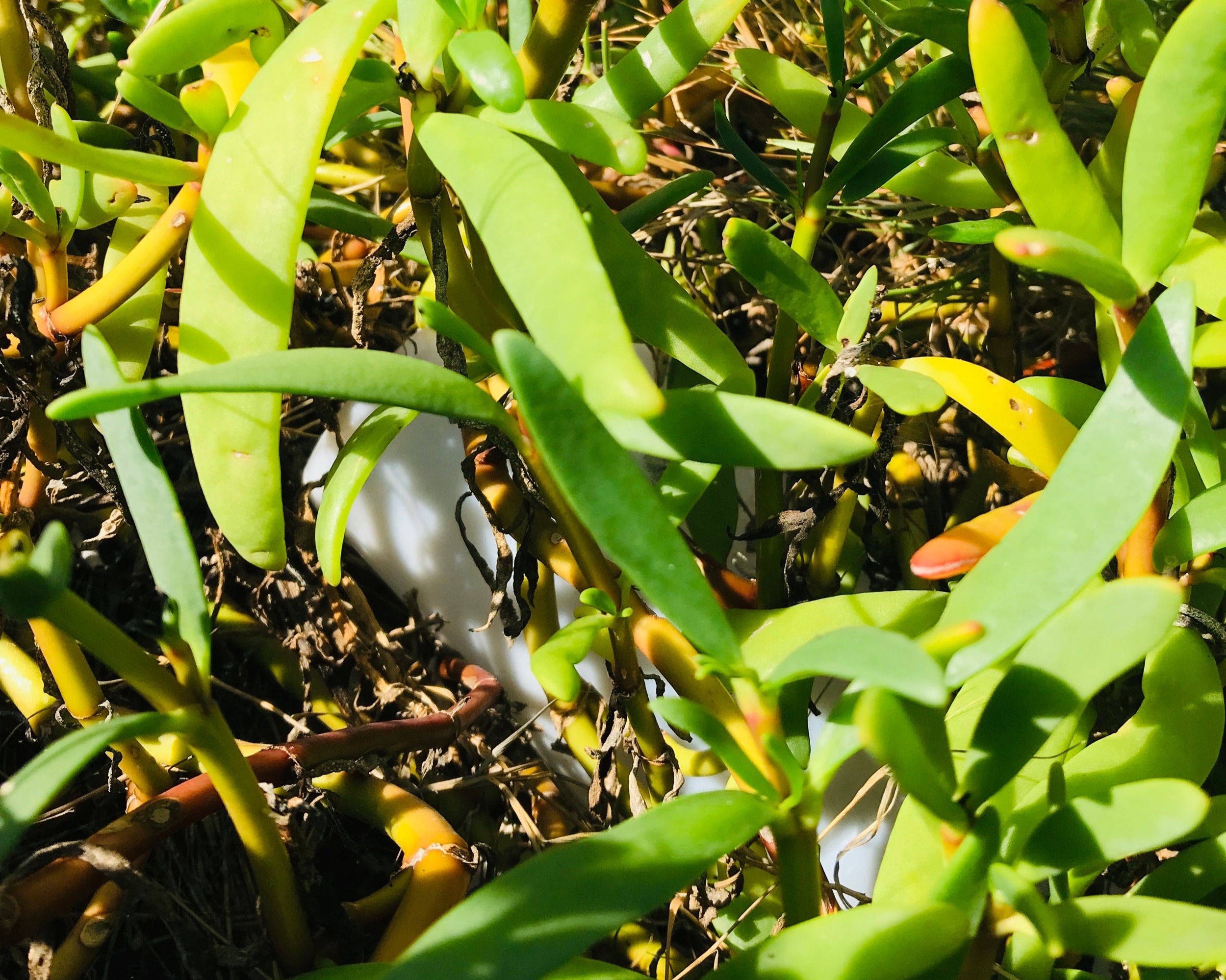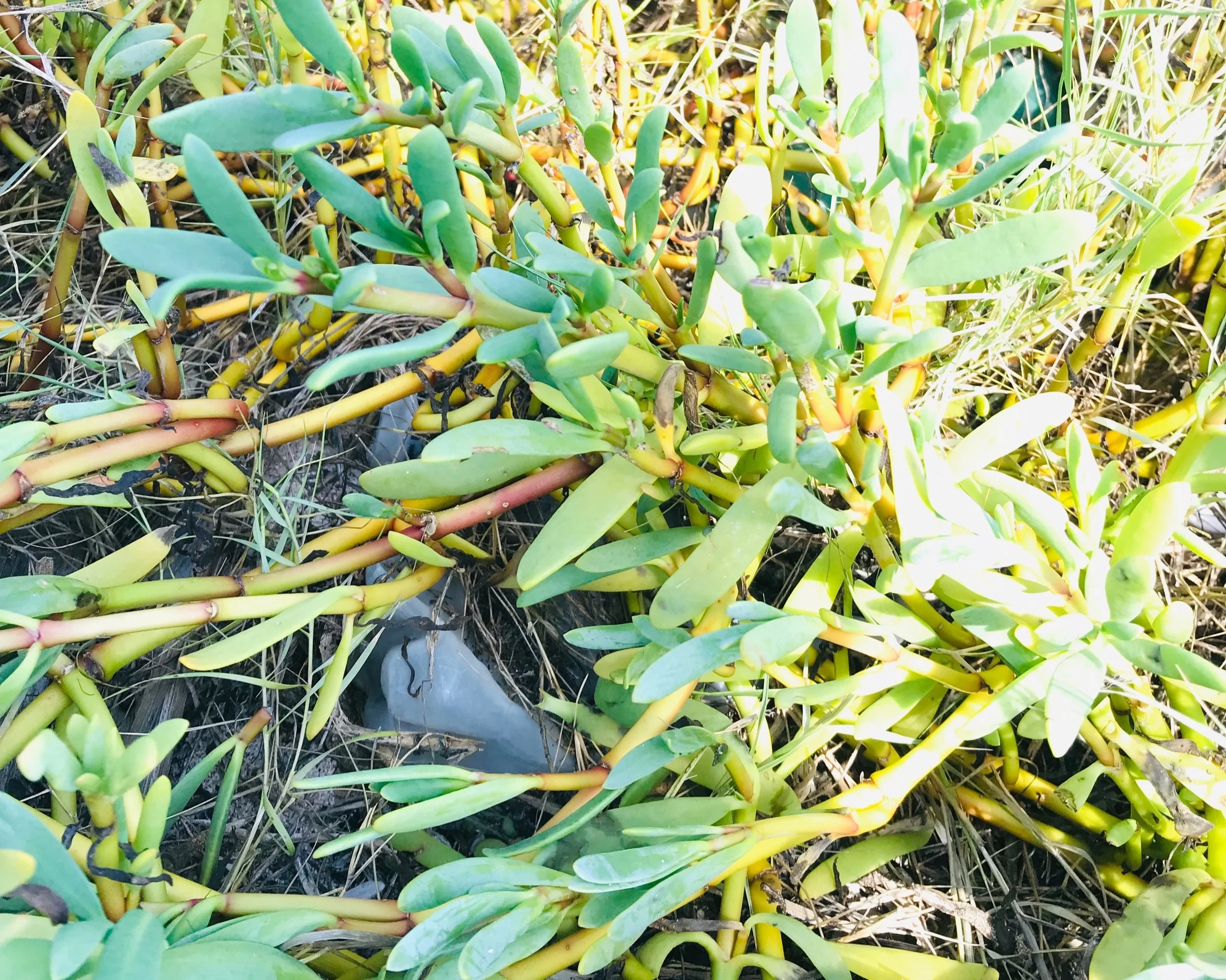Turning The Tide On Plastic: An Interview With Tamara Leigh
By Stephanie Macdonald
With plastic pollution ravaging our planet, Tamara is igniting a spark on the small Island of Little Cayman with her commitment to ocean conservation. Inspired by The Wasteland Plan she’s making every effort to eliminate the islands coast of the plastic that is adversely affecting the local environment and its wildlife.
Sifting through an ocean of plastic
Hello Tamara, thank you for taking the time to have an interview for GOs. First of all! Would you like to tell us about yourself?
I’m from Mississippi born and raised in Biloxi which is on the coast, coming from a fishing family I grew up on the water. I actually started in forensics and I’m planning on going back to school to study forensic anthropology, however now… Who knows? Maybe even conservation, ecology or marine science!? For now I’m in Little Cayman enjoying life.
Island living has enabled Tamara to make a smooth transition into marine conservation without having the typical ocean science background. She is an example of how passion and dedication can completely change your path in life.
What inspired your journey into beach cleaning?
I’d taken part in beach cleans as a kid here and there but not on a regular basis until I met Niki. She was one of the marine researchers at CCMI and she was cleaning up beaches on her own on Saturdays. For to me see someone cleaning, not for publicity and just doing it for themselves and the environment was very inspiring. I asked to join her on a clean and it went on from there.
What is your main focus when you are conducting a beach clean?
When I choose the different sites, a lot is contingent on what I want to do and how I’m feeling. If I want to focus on a larger area I’ll try and get community involvement. If it’s a last minute thing I’ll still try and go to a beach that needs to be maintained. There are other organizations in Little Cayman (the monthly Full Moon Clean Up) that focus on frequented beaches, they make sure the beaches that are frequently accessed by the public are maintained and remain in a pristine condition. For me I’m focused on the ones that aren’t visited so much as they are the ones that have so much devastation. Of course you can only deal with what you have. If it doesn’t have the easiest accessibility it’s not going to work so well.
When it comes to cleaning, I know some people like to collect the big things, to get the bulk and fill up their bag quick to do the most to show the difference. A lot of the times I collect the items that are hidden underneath, the things that have been there for a while and the micro plastics. A lot of the beaches here have shrubbery that grows along the shore and if you walk along you can see that these plants have actually grown over the plastic and rubbish and are hiding a vast amount of what is there (see slideshow). You walk over some of the grass and you can hear the crunches but you can’t see the items. I like to get in there and remove those items.
How is the plastic affecting nature?
Whenever you are walking around you are finding significant amounts of single use plastics especially single use bottles and bottle caps. You are finding creatures that are very confused (for example crabs) because these organisms are used to everything being natural. When it come to finding a new home some of these hermit crabs are mistaking the shape of a bottle cap for a shell. Or the snails are finding their way into Plastic bottles and are unable to make their way out. It’s not just marine life it’s also the terrestrial animals, we have an endangered species of iguana on the island called The Lesser Caymans iguana (Cyclura nubila caymanensis) they are eating the plastic and mistaking it for foliage.
Recently with the help of a few sponsors you were able to organize a hugely successful beach clean at Diggary Point to celebrate Earth Day. Over the course of two hours 27 volunteers worked together to collect 73 bags of plastic weighing a grand total of 1354.4 lbs. What advice do you have for people who want to organize similar activities but don’t know where to start?
There are a lot of different ways in which people can do beach cleans, there are often times in which I just go by myself. However if you want to get a big crowd, to get people inspired the best piece of advice I can give is that if you are excited other people will be excited too. If you keep positive about it, if you keep motivated and encourage people that it’s not only beneficial for the environment but enjoyable it’s significantly easier. Sometimes if we want a big response we bring pizzas and cold drinks. Recently we gave away t-shirts to incorporate a sense of community. They are awesome incentives but the main motivator is for you to be passionate about the cause and what you are doing.
How do you hope that your work will influence others? Have you seen a change already?
I have seen a change already, If you go out just once often it is forgotten about but whenever you are consistent about cleaning people start to see you in a different light and begin to respect you and what you are doing. I haven’t really thought about influencing others, I just want to do the best I can and leave the world better than I found it and if others are influenced along the way then that is a bonus.
WHAT FOR YOU IS THE HARDEST PART OF MAINTAINING THE ENVIRONMENT?
Keeping the motivation because you are just one person in this world. You may only be the one person collecting trash that day and you may feel all alone in your efforts and it’s important to remember why you are doing it. Some days are harder than others especially when you come back to a beach you have cleaned a week later and it can look worse than it did before. Changes in winds and currents mean each individual beach is affected differently.
Living on an island in which you are no more than 5 minutes from the coastline its easy to visualize the harm plastic pollution is causing. There is sometimes a discrepancy in the behavior or understanding of those who live by the ocean and see the problem first hand and those that may not have access to the coast. What can they do to help?
There is a big push in plastic pollution to clean the beaches as it is directly related to the ocean and currents. It’s important to remember it’s not just the picking up and collecting of plastic that contributes to helping the cause. Reducing your plastic consumption is the most important thing you can do. If people can’t help collect what is washing up on our shores it’s still important to say ‘Hey look! These are the things we are finding and this is what you can do to help!’ Small changes can be made by everyone so that the next time you or I do a clean there is one less bottle or one less bag.
WHAT IS YOUR ADVICE IN REGARDS TO PLASTIC FREE LIVING?
Don’t overwhelm yourself. You sometimes see people cutting out all their plastics and living as eco friendly as possible. If you start with one thing and one lifestyle change and get comfortable with that you can incorporate another. Each small step you take is better for the environment, you don’t have to do it all at once.
People are now more aware of the effects plastic has on the environment, WHAT IS ONE THING THAT YOU WISH you HAD been aware of A LONG TIME AGO?
Growing up we didn’t have a lot of money, so we were always counting pennies. We would buy things that were cheap. Often cheap can mean it is not durable and tends to be made from plastic. I wish that somebody would have told me way back when that it’s important to invest your money on something that is worthwhile, durable and pay attention to where it comes from. This can help the environment but also can save you money in the future.







